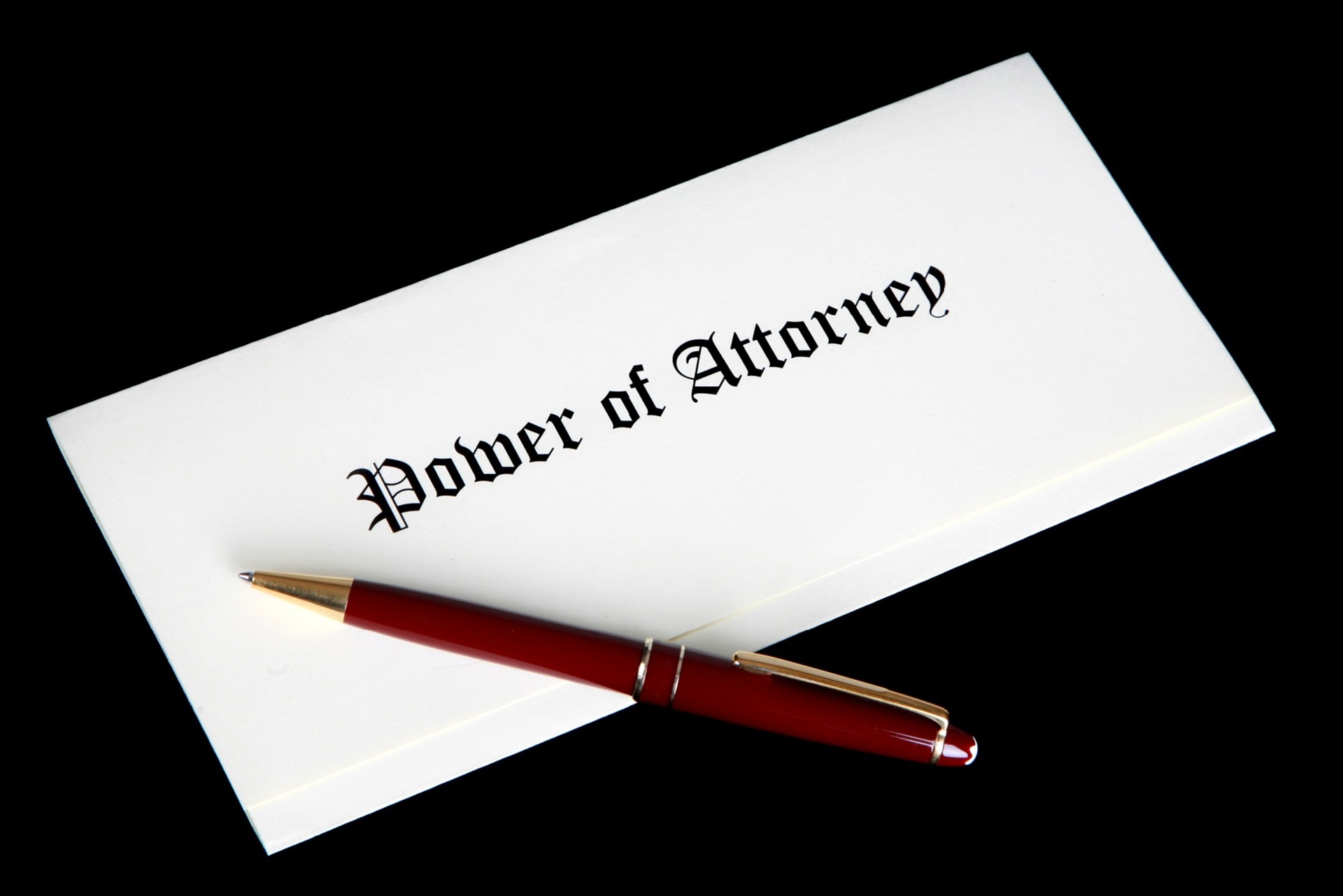Should I Change My Enduring Power Of Attorney To A Lasting Power Of Attorney?
Posted on 20th July 2020
In England and Wales, Enduring Powers of Attorney were replaced by two separate documents, known as Lasting Powers of Attorney, in 2007, following the introduction of the Mental Capacity Act 2007.
There were many reasons why this change was made, according to STEP, including:-
- There was no guarantee that the person who made the Enduring Power of Attorney had capacity to make the document.
- Enduring Powers of Attorney are registered only when the person who made it had become, or was becoming, mentally incapable of managing their own affairs. This meant that they could be open to abuse by the Attorneys.
- The Enduring Power of Attorney only covered financial affairs and not decisions about health and care.
So, our Wills, Trusts and Probate Solicitors explain the differences between the two documents and whether, if you have already made an Enduring Power of Attorney, you should change it to Lasting Powers of Attorney.
What is the procedure for putting in place a Lasting Power of Attorney?
Currently, a Lasting Power of Attorney is a 20-page form, which our Wills, Trusts and Probate Solicitors will complete on your behalf. We will arrange an appointment for you to sign the document, and your appointed Attorneys will also need to sign it.
The document requires a Certificate Provider, who will confirm that the person making the document has the capacity to make it and understands the Lasting Power of Attorney. The Certificate Provider is also signing to confirm that there is no undue pressure or influence being put on the person to make the document. If our Wills, Trusts and Probate Solicitors are drafting the document on your behalf, one of our specialist solicitors will be able to act as your Certificate Provider, usually. Otherwise, a GP, somebody else with the professional skills or somebody who has known you for more than two years can also sign the document. It is important to note that the Certificate Provider will need to sign before your Attorneys sign the document.
Once the document has all been signed, it will need to be registered with the Office of the Public Guardian. Until it has been registered, the Attorneys are not able to use the document. The final Lasting Power of Attorney may not be needed immediately, however, it is generally always advisable to register the document straight away, to prevent any delays with it being legally valid and, if you have drafted it yourself, to highlight if there are any issues with how it has been signed.
The Office of the Public Guardian will charge a small fee to register the documents, which is usually £82. If you qualify for a fee remission or exemption, you may have to pay a reduced fee of £41 or no fee at all. You can find the fee remission form, called form LPA120, here.
What is the procedure for making an Enduring Power of Attorney?
Well, as our Wills, Trusts and Probate Solicitors have explained above, Lasting Powers of Attorney replaced an Enduring Power of Attorney in 2007 and, therefore, you can no longer make an Enduring Power of Attorney. If you want to discuss making a Lasting Power of Attorney for Financial Decisions or Health and Care Decisions following the procedure outlined above, contact our expert team online, here, or email enquiries@mglegal.co.uk to arrange an initial consultation; a member of the team will contact you within one working hour to discuss your requirements.
Do I need to change my Enduring Power of Attorney to a Lasting Power of Attorney?
You may be wondering whether it is advisable to change your Enduring Power of Attorney to a Lasting Power of Attorney, as the Lasting Power of Attorney have been the new style document for around 13 years. However, if your Enduring Power of Attorney still reflects your wishes and it has been completed correctly there may be no need to change it. Although, there may be some benefits of doing so.
The Lasting Power of Attorney form could be considered to be more in-depth, as it addresses matters that are not considered as part of the Enduring Power of Attorney. For example, in Lasting Powers of Attorney you can:-
- Name a replacement (or ‘back-up’) Attorney.
- Provide instructions to your Attorneys, such as ‘You must do…’ or ‘You cannot do…’.
- Set out preferences for your Attorneys, such as general thoughts or wishes about how you would like your financial affairs to be carried out or looked after.
- Give notice to someone that the document is being registered, for example if there is someone that you are not including in your Lasting Power of Attorney because they live too far away.
To discuss updating your Enduring Power of Attorney to a Lasting Power of Attorney, contact our team online, here, who can advise you if you should consider updating your Enduring Power of Attorney.
What about a Health and Care Lasting Power of Attorney?
Well, even though our Wills, Trusts and Probate Solicitors have discussed changing your Enduring Power of Attorney to a Lasting Power of Attorney in this article, in previous articles we have explained what a Health and Care Lasting Power of Attorney is, and how much it costs to make Lasting Powers of Attorney with our the guidance of our expert team. You can read more about this topic, here.
MG Legal - Your Local Solicitors
Share this post:





